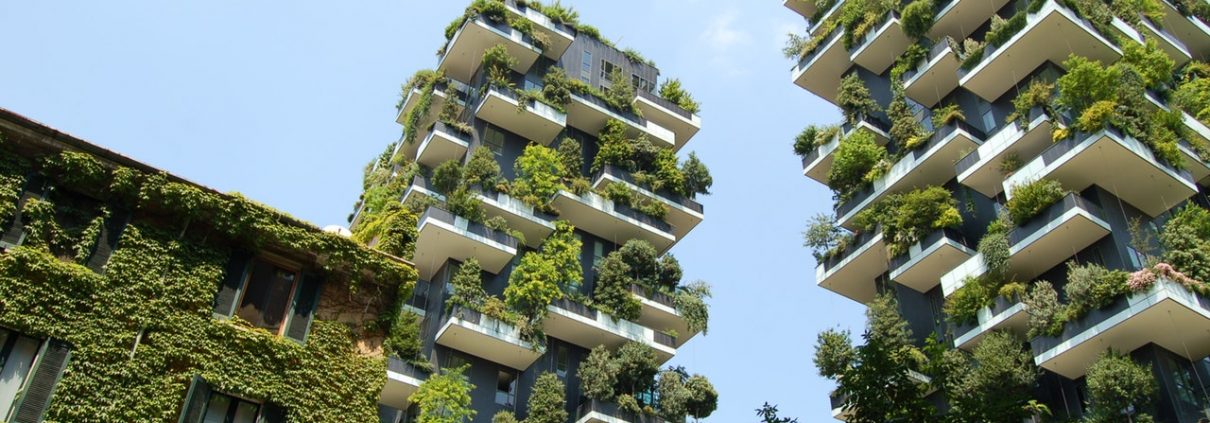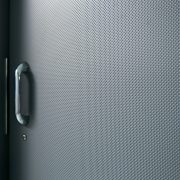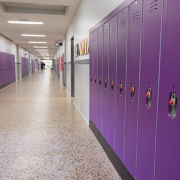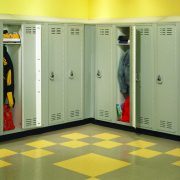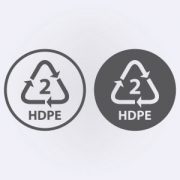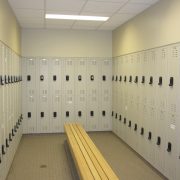Green Building Materials: Types of Green Building Materials
Whether you’re designing a new facility or looking to do some renovations on your current facility, utilizing green building materials is a smart route to take. Sustainability is important when picking your building materials because you want them to last a long time. Luckily, there’s a variety of green building materials and sustainable products that can be used to make your facility structurally sound and eco-friendly.
Green Building Materials & Why You Should Use Them
When planning to build or renovate, choosing the right materials based off of sustainable design practices is crucial. When you choose a green material, it means that not only are you getting a quality product that will last for a long time, but you’re also doing your part to positively impact the environment long-term.
Sustainable Flooring
If you’re starting at the ground level, flooring will probably be your first step. Several types of flooring look good and also are sustainable, meaning that you likely won’t have to replace it in the short-term.
Linoleum, for example, is a smooth, eco-friendly flooring made from linseed oil, jute, and flax that doesn’t release VOCs (volatile organic compounds) like other types of flooring, such as vinyl. Repurposed wood is also a great option because it looks good and has been recycled.
Sustainable Roofing
Your roofing material needs to be durable so it can resist the elements but also sustainable enough that replacement will be far down the road. Tile is a good option because it’s thicker, so it helps to keep cool or warm air inside. Choosing a lighter color also has benefits because it reflects less heat into the atmosphere.
Sustainable Windows
A lot of considerations go into choosing sustainable and eco-friendly windows, especially if you intend to meet LEED standards. Starting with the frames, you should always choose a stronger material that’s more likely to improve insulation.
When it comes to choosing the glass, you could get multiple panes that will trap air between the panes to improve the facility’s insulation. If you prefer single-pane windows, you could get a clear coating that doesn’t affect the visibility but does enhance the ability to retain warm and cool air inside the facility.
Sustainable Plastic School Lockers, Bathroom Stalls & Partitions
Making your facility greener isn’t just about the overall construction but also the materials inside. When designing your bathroom, instead of choosing a metal or stainless steel for your stalls and partitions, try HDPE (high-density polyethylene). It’s a durable material that is resistant to moisture, scratches, and graffiti. It also doesn’t require painting, which results in less VOC emissions.
Another benefit is that HDPE products such as partitions and lockers contain recycled post-consumer products. By choosing HDPE, you take a huge step in making your facility more green and sustainable.
Eco-Friendly Building Materials
When renovating or erecting an eco-friendly building, it’s essential embrace to pick the right building materials. Then you can consider better ways to use solar energy and recycle rain water.
Want to learn more about how you can make your facility green? Download our eBook Sustainable Building Products: How to Make Your Facility Eco-Friendly from Top to Bottom.
If you have any questions about the benefits of HDPE and the sustainability of our school lockers and commercial bathroom stalls, contact us at Scranton Products.

